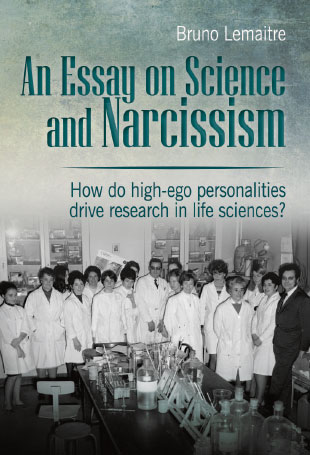 BRUNO LEMAITRE, APRIL 2016Niels Jerne, the great seducer
BRUNO LEMAITRE, APRIL 2016Niels Jerne, the great seducer
Niels Jerne (1911–1994) was a charismatic Danish immunologist who was awarded the Nobel Prize in 1984. An interesting biography by the historian of science Thomas Söderqvist, Science as Autobiography—The Troubled Life of Niels Jerne, gives us an insight into his private and scientific life. This biography is based not only on written documents but also on a long series of interviews between Jerne and Söderqvist. Jerne did not want to accept a normal life but aimed for the sublime. He had gathered together all his personal papers in the secret hope that they would be kept for posterity. However, what he did not realize was that from these notes, his future biographer would be able to more accurately assess the development and success of this ...




















